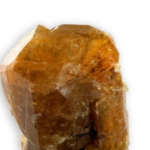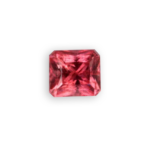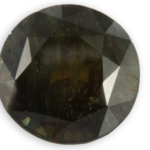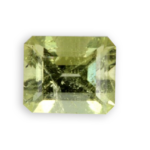
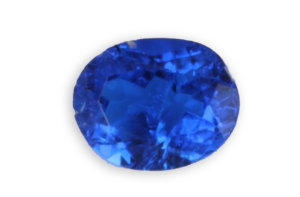
hauyne
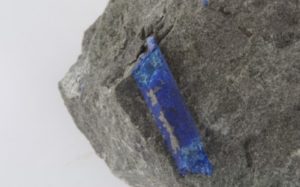
hauyne blue crystal of Tahiti in French Polynesia
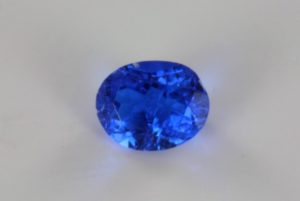
hauyne oval cut
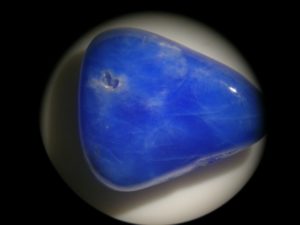
color like inclusions
Detailed sheet
hauyne
Its name honors the French crystallographer René Just Hauy (1743-1822), who discovered it in 1807 in Italy on Mount Vesuvius.
The most beautiful gem crystals, come from the Eifel Mountains in southern Germany.

CHEMICAL CHARACTERISTICS
(Na,Ca)4-8 Al6[Si6(O,S)24](SO4,Cl)1-2
complex silicate

PHYSICAL CHARACTERISTICS
Main color
blue
Other colors
brown, grey, yellow, red, green
Color of streak
white, blue
Luster
greasy, vitreous
Hardness
5.5 to 6.0
Density
2.40 to 2.50
Cleavage
good
Fracture
conchoidal, uneven

OPTICAL PROPERTIES
Transparency
translucent, transparent
Refractive index
1.494 - 1.510
Double refraction
0.000
none, isotropic
visible double refraction
No
Pleochroism
absent
Number of colors
1

hauyne spectrum system
Fluorescence
none
very rarely fluorescent

CRYSTALS PROPERTIES
dodecahedra, common twins
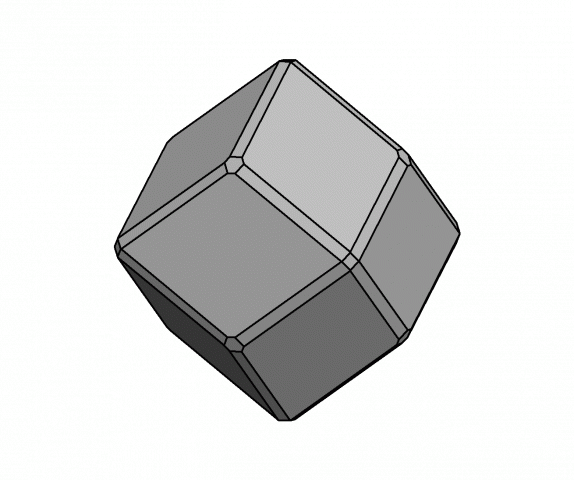
crystals system
cubic

OTHER INFORMATIONS

APPROACHING GEMS
Exploited
sites
It is found in France in the Loire at Montaubourg and on the island of Tahiti in French Polynesia, at Lake of Nemi in Lazio in Italy, in southern Germany (Eifel Mountains), Namibia (Windhoek), in the Canary Islands in Spain, in the San Antonio Canyon in California, in Russia, in Afghanistan, in Australia .
use in jewelry
it is cut in facets, it is a collection stone always of a small size
imitations and
treatments
Some imitations made of blue glass, weighing more than 5 carats, appeared on the markets in 2012, when Hauynes of gemstone quality of more than 1 carat are considered a rarity.
Venez visitez
notre site web
voillot-joaillier.fr
Lorem ipsum dolor sit amet, consectetur adipiscing elit. Ut elit tellus, luctus nec ullamcorper mattis, pulvinar dapibus leo.Lorem ipsum dolor sit amet, consectetur adipiscing elit. Ut elit tellus, luctus nec ullamcorper mattis, pulvinar dapibus leo consectetur adipiscing elit. Ut elit tellus, luctus nec.

